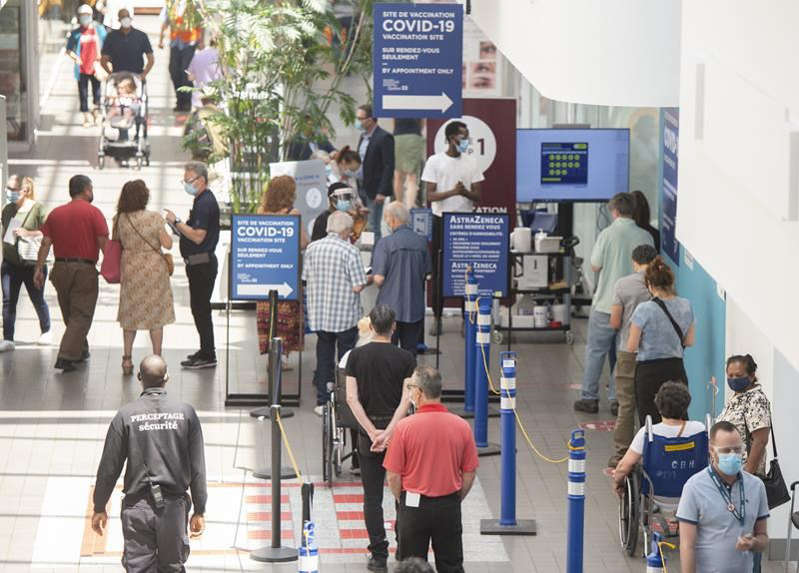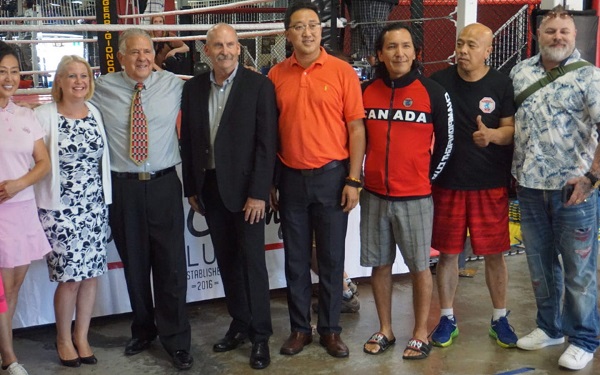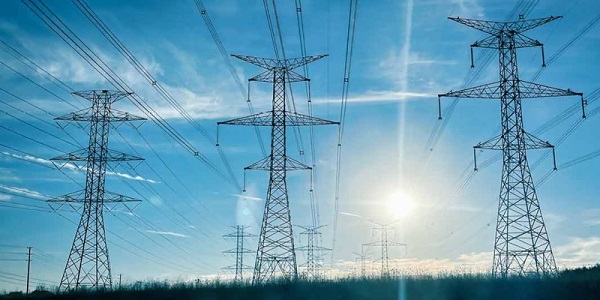Alberta
Report confirms Asia can reduce emissions with Canadian LNG
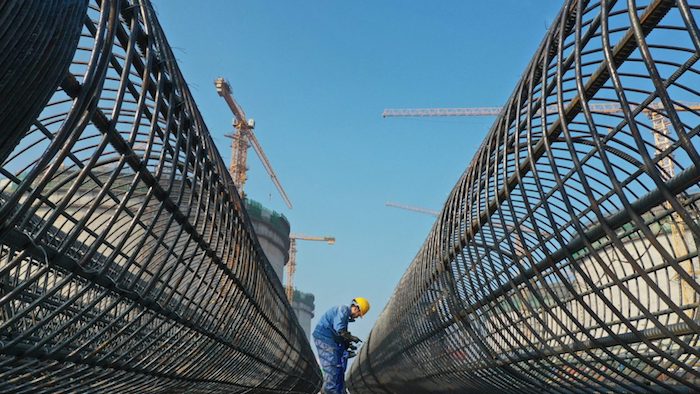
‘It reduces emissions globally, so it’s for the good of everyone’
From the Canadian Energy Centre Ltd.
Asia’s demand for liquefied natural gas (LNG) is rising fast as countries look for cleaner alternatives to coal while their economies expand.
To significantly reduce emissions, the LNG should come from Canada, according to a new report by global research consultancy Wood Mackenzie.
If Canada increases its LNG export capacity to Asia, net emissions could decline by 188 million tonnes of CO2 equivalent per year – or the annual impact of taking 41 million cars off the road, analysts wrote.
“It’s like taking all of the cars in Canada away, if we were able to build all of those projects,” said Matthias Bloennigen, Wood Mackenzie’s director of Americas upstream consulting.
“It reduces emissions globally, so it’s for the good of everyone.”
To reach global net zero emissions by 2050, the largest reductions will likely need to come from the power sector, analysts wrote.
The heart of the opportunity is switching from coal-fired to gas-fired power plants, particularly in Asia.
Natural gas – traded globally as LNG – produces less than half the emissions of coal when used in power generation.
And it’s a so-called “baseload” reliable fuel that can help offset the intermittency of wind and solar as renewables take on a larger share of the global energy mix, analysts wrote.
“Gas is also cost-competitive and there are large global reserves in many countries, including Canada,” the report said.
“If Canada does not export as much LNG as anticipated to northeast Asia, the region would need to rely on LNG from elsewhere that has a higher emissions intensity.”
If Canada limits its LNG exports to one or two projects, total emissions in northeast Asia would increase by 121 million tonnes of CO2 equivalent through 2050, analysts wrote.
But if Canada significantly increases LNG capacity to help northeast Asia reduce its reliance on coal, net emissions would decline by 5,459 mtCO2e over the same period.
“LNG from Canada going into northeast Asia has lower emissions than LNG coming from many other global LNG exporters,” the report said.
LNG from western Canada has average life cycle emissions intensity 12 kgCO2e/mmbtu, compared to 21 kgCO2e/mmbtu for projects in the United States.
“With its high environmental standards and stewardship, Canada would be a great partner to fill the LNG demand gap in Asia,” Wood Mackenzie analysts wrote.
Alberta
Fraser Institute: Time to fix health care in Alberta

From the Fraser Institute
By Bacchus Barua and Tegan Hill
Shortly after Danielle Smith was sworn in as premier, she warned Albertans that it would “be a bit bumpy for the next 90 days” on the road to health-care reform. Now, more than two years into her premiership, the province’s health-care system remains in shambles.
According to a new report, this year patients in Alberta faced a median wait of 38.4 weeks between seeing a general practitioner and receiving medically necessary treatment. That’s more than eight weeks longer than the Canadian average (30.0 weeks) and more than triple the 10.5 weeks Albertans waited in 1993 when the Fraser Institute first published nationwide estimates.
In fact, since Premier Smith took office in 2022, wait times have actually increased 15.3 per cent.
To be fair, Premier Smith has made good on her commitment to expand collaboration with the private sector for the delivery of some public surgeries, and focused spending in critical areas such as emergency services and increased staffing. She also divided Alberta Health Services, arguing it currently operates as a monopoly and monopolies don’t face the consequences when delivering poor service.
While the impact of these reforms remain largely unknown, one thing is clear: the province requires immediate and bold health-care reforms based on proven lessons from other countries (e.g. Australia and the Netherlands) and other provinces (e.g. Saskatchewan and Quebec).
These reforms include a rapid expansion of contracts with private clinics to deliver more publicly funded services. The premier should also consider a central referral system to connect patients to physicians with the shortest wait time in their area in public or private clinics (while patients retain the right to wait longer for the physician of their choice). This could be integrated into the province’s Connect Care system for electronic patient records.
Saskatchewan did just this in the early 2010s and moved from the longest wait times in Canada to the second shortest in just four years. (Since then, wait times have crept back up with little to no expansion in the contracts with private clinics, which was so successful in the past. This highlights a key lesson for Alberta—these reforms are only a first step.)
Premier Smith should also change the way hospitals are paid to encourage more care and a more patient-focused approach. Why?
Because Alberta still generally follows an outdated approach to hospital funding where hospitals receive a pre-set budget annually. As a result, patients are seen as “costs” that eat into the hospital budget, and hospitals are not financially incentivized to treat more patients or provide more rapid access to care (in fact, doing so drains the budget more rapidly). By contrast, more successful universal health-care countries around the world pay hospitals for the services they provide. In other words, by making treatment the source of hospital revenue, hospitals provide more care more rapidly to patients and improve the quality of services overall. Quebec is already moving in this direction, with other provinces also experimenting.
The promise of a “new day” for health care in Alberta is increasingly looking like a pipe dream, but there’s still time to meaningfully improve health care for Albertans. To finally provide relief for patients and their families, Premier Smith should increase private-sector collaboration, create a central referral system, and change the way hospitals are funded.
Alberta
Your towing rights! AMA unveils measures to help fight predatory towing
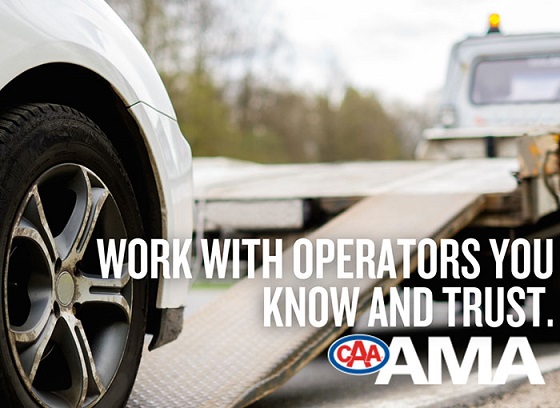
From the Alberta Motor Association
Know Before the Tow: Towing Rights in Alberta
Predatory towing is a growing concern in major cities across the province. The Alberta Motor
Association (AMA), in partnership with the Calgary Police Service and Calgary Fire Department,
wants to ensure Albertans are not only aware of this emerging issue but also know how to stop
it.
Today, AMA launches Know Before the Tow—a new, provincewide awareness campaign that
empowers Albertans with the knowledge needed to stay confident and in control when faced with
a tow scam. The campaign features a list of five key towing rights that every Alberta driver should
know:
1. You have the right to refuse unsolicited towing services.
2. You have the right to choose who tows your vehicle, and where, unless
otherwise directed by police.
3. You have the right to access your vehicle to retrieve personal items during a
storage facility’s business hours.
4. You have the right to ask if the towing company receives a kickback for taking
your vehicle to a particular storage facility or repair shop.
5. You have the right to a quote prior to service, and an itemized invoice prior to
making payment.
“Being in a collision or broken down at the roadside is stressful enough; the last thing any Albertan
needs is high pressure from an unscrupulous tower,” says Jeff Kasbrick, Vice-President,
Advocacy and Operations, AMA. “These towing rights are clear and remind every Albertan that
they’re in the driver’s seat when it comes to who they choose to tow their vehicle.”
Edmonton and Calgary in particular are seeing increasing reports of predatory towing. Unethical
operators will arrive at a collision or breakdown scene uninvited, create a false sense of urgency
to remove the vehicle, and ultimately leave drivers facing huge fees.
Starting today, Albertans can visit ama.ab.ca/KnowBeforeTheTow to download a digital copy of
their towing rights, helping them feel confident if faced with a tow scam. And soon, all AMA centres
will offer free print versions, which are small enough to tuck in a glovebox.
“Alberta’s towing industry is still highly reputable, with the vast majority of operators committed
to fair and professional service. In fact, AMA and our roadside assistance network is proud to
represent 80% of all private-passenger tows in the province, so our members can be confident
that we’ll always protect them—just as we have for nearly 100 years,” says Kasbrick.
“By knowing your rights and choosing trusted providers like AMA, you can avoid unnecessary
stress, costs, and uncertainty. Because the road to recovery after a collision shouldn’t have to
include fighting for your vehicle.”
Sergeant Brad Norman, Calgary Police Service Traffic Section, says law enforcement continues
to work diligently with first responders and community partners like AMA to put the brakes on
predatory towers, who “are showing up at collision sites and pressuring overwhelmed and
frightened victims into paying high towing rates.”
“Our priority is to ensure the safety of collision victims, the public, and first responders at
collision sites. Part of this effort is educating motorists about their rights so that they Know
Before the Tow that they can say no to unsolicited towing services and choose a reputable
tower of their choice instead,” says Norman. “No one deserves to be taken advantage of after
being involved in a collision.”
To learn more, and to view an expanded version of Alberta towing rights, visit
ama.ab.ca/KnowBeforeTheTow
-

 Alberta2 days ago
Alberta2 days agoYour towing rights! AMA unveils measures to help fight predatory towing
-
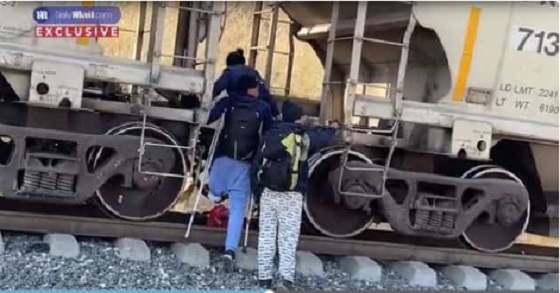
 illegal immigration2 days ago
illegal immigration2 days agoDelusional Rumour Driving Some Migrants in Mexico to Reach US Border
-

 conflict1 day ago
conflict1 day agoTrump has started negotiations to end the war in Ukraine
-

 Economy1 day ago
Economy1 day agoThe White Pill: Big Government Can Be Defeated (Just Ask the Soviet Union)
-
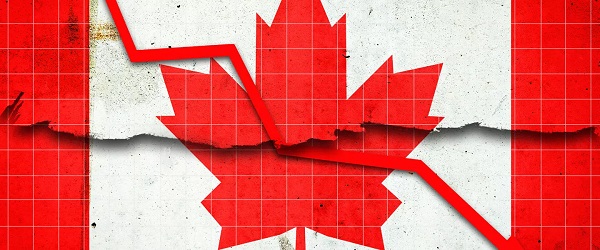
 Business1 day ago
Business1 day agoFiscal update reveals extent of federal government mismanagement
-

 Housing1 day ago
Housing1 day agoTrudeau loses another cabinet member as Housing Minister Sean Fraser resigns
-
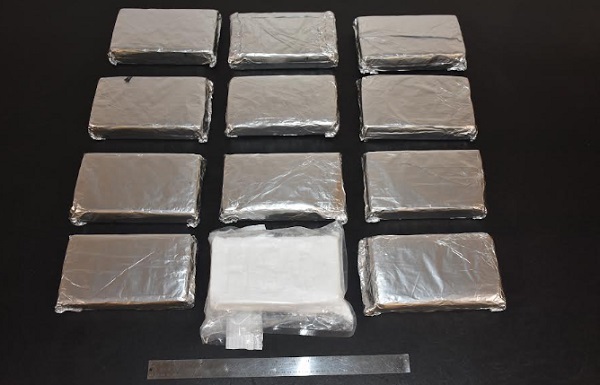
 Alberta2 days ago
Alberta2 days agoB.C. traveller arrested for drug exportation during Calgary layover
-
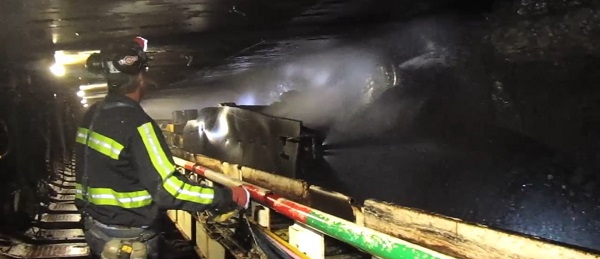
 Energy2 days ago
Energy2 days agoDig, Baby, Dig: Making Coal Great Again. A Convincing Case for Coal





